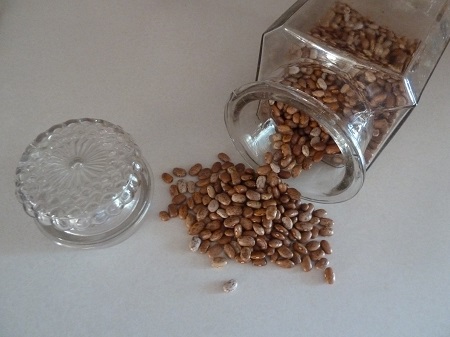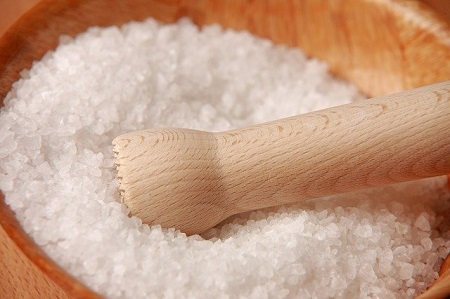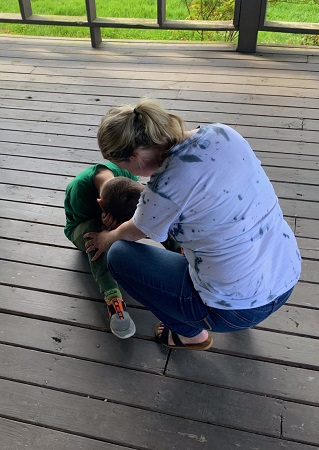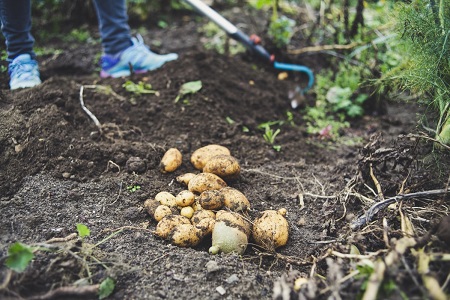Spill the Beans
 Most of us know people who cannot keep a secret. They always find a way to spill the beans.
Most of us know people who cannot keep a secret. They always find a way to spill the beans.
Although they act surprised after they tell what they know, they never fail to share it. Then, they ask us not to tell anyone else.
The origin of this expression is uncertain.
One possible explanation comes from an ancient voting practice of placing different colored beans in pots or jars. No one was supposed to spill the beans until the proper time.
People may spill the beans on purpose.
Telling private information can cause great harm. Words often hurt.
People may also spill the beans by mistake.
Although they don’t intend to reveal the information, it can still hurt.
Not all secrets hurt when told.
Examples include:
- Plans for a surprise party
- The contents of a gift
- Whether an unborn baby is a boy or girl
Some secrets should be told.
- Abuse
- Crimes
- Evil plans
Busybodies need to bite their tongues. However, everyone needs to speak up to right wrongs.
“Watch your words and hold your tongue; you’ll save yourself a lot of grief” (Proverbs 21:23 MSG).
Thanks to Regina Graham for the suggestion.
Do you have an expression you want explained? If so, please comment below.
Subscribe to receive my weekly posts by email and receive a free copy of “Words of Hope for Days that Hurt.”
If you enjoyed this post, please share it with your friends.
 I recently had to bite the bullet. In one week, I made two major house repairs and replaced the brakes on my car. I was out of town when the brakes stopped working.
I recently had to bite the bullet. In one week, I made two major house repairs and replaced the brakes on my car. I was out of town when the brakes stopped working. In our
In our  Years ago, people treated many medical emergencies at home. One common remedy was to pour or rub salt in a wound. That solution often caused more pain than the original problem.
Years ago, people treated many medical emergencies at home. One common remedy was to pour or rub salt in a wound. That solution often caused more pain than the original problem. Many of us grew up in the sticks. We had to travel several miles to the closest town. Our travel time increased to reach a city. Some of us remain in the sticks or visit often.
Many of us grew up in the sticks. We had to travel several miles to the closest town. Our travel time increased to reach a city. Some of us remain in the sticks or visit often. How many times have we attempted an impossible task? We try to do something no one can do. Remember, we don’t have to boil the ocean.
How many times have we attempted an impossible task? We try to do something no one can do. Remember, we don’t have to boil the ocean. My dog Dashaway was my favorite pet. She would stick like glue anytime I went outside.
My dog Dashaway was my favorite pet. She would stick like glue anytime I went outside. “Tell me the truth. You will feel better if you do. Confession is good for the soul.”
“Tell me the truth. You will feel better if you do. Confession is good for the soul.” When gardeners dig potatoes, they usually look for lots of large ones. Small potatoes often get thrown away.
When gardeners dig potatoes, they usually look for lots of large ones. Small potatoes often get thrown away. When you try to harm others, you often end up harming yourself more. You cut off your nose to spite your face. This happens at any age.
When you try to harm others, you often end up harming yourself more. You cut off your nose to spite your face. This happens at any age.